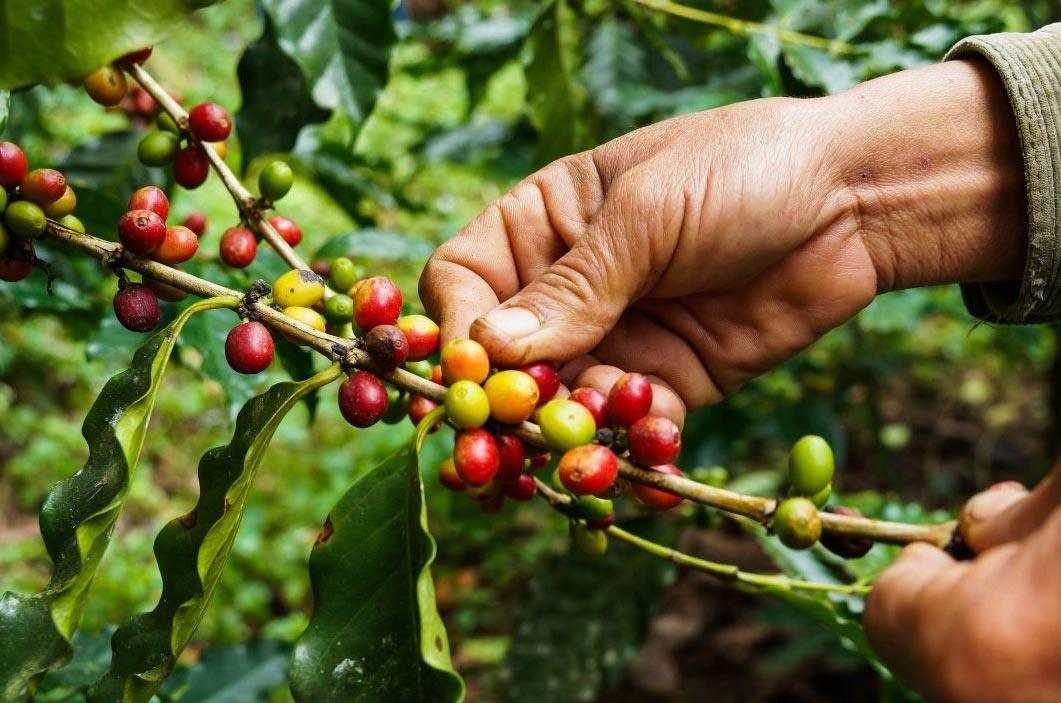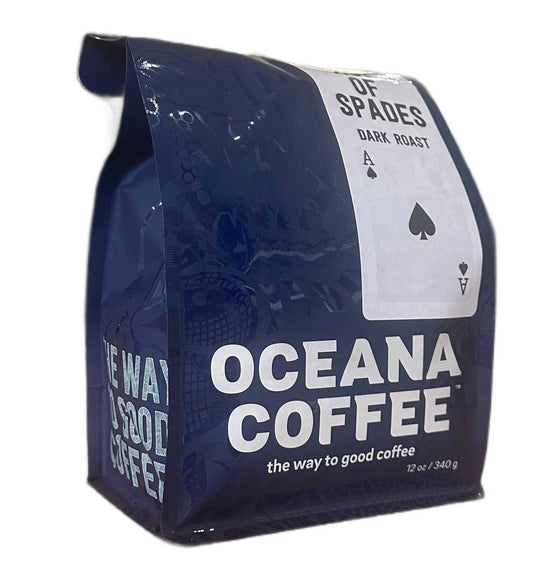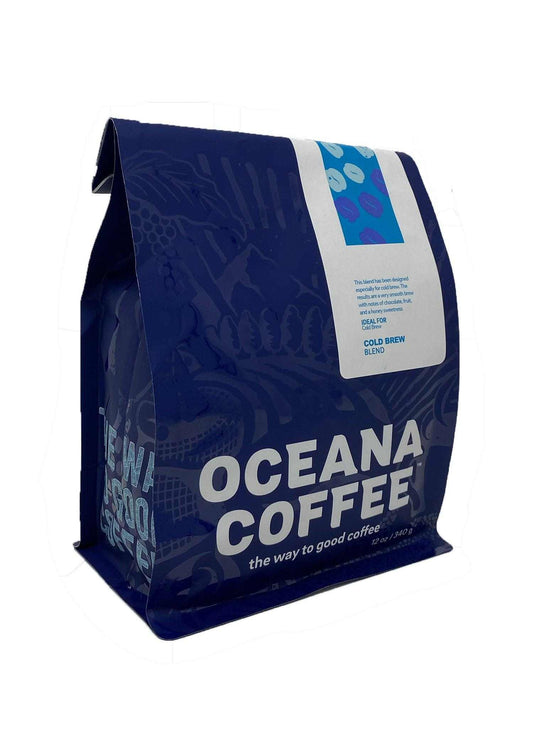Fair trade arose out of the coffee crisis of 1988. Because there were no price quotas, the supply of coffee vastly outstripped demand, sinking prices and devastating small coffee farmers. Fair trade certification, begun in the Netherlands, artificially raised coffee prices to ensure that small producers were paid fairly. Several organizations popped up around the world to support this mission, and they eventually came together to form Fairtrade International. Today, fair trade regulations also focus on ethical sourcing, prohibiting child labor and forced labor.
The Fair Trade Supply Chain
For the end product to be fair trade certified, the entire supply chain must be involved. Here’s what fair trade means at every level:
Farmers: Fair trade farmers must apply and pay fees for certification and licensing. In return, the farm is marketed to a large consumer base. Fair trade farmers may also receive financial assistance from Fairtrade International.
Exporters: Export cooperatives often struggle to make a profit on fair trade coffees, as they must pay fees and absorb the effects of fluctuations in demand. When they do profit, though, they donate their surplus to social programs in their local communities.
Importers: Fair trade importers must register and pay a fee to Fairtrade International. They must also pay a minimum price (adjusted periodically to ensure fair pay for the farmers) to the exporting company.
Problems with Fair Trade
Although the heart of the fair trade model is noble, Fairtrade International has become a large corporation. Some critics are concerned about transparency, while others see it as misguided and ultimately damaging to the coffee industry. There are also increasing concerns about quality control as coffee moves from commodity to artisanal product.
The Rise of Direct Trade
Direct trade is a method of trade that developed in response to concerns about fair trade. It cuts out the middleman, and distributors (roasters) purchase coffee directly from farmers. Direct trade pays higher prices for higher quality coffee, improving farmers’ wages and consumers’ coffee experience.
Direct trade builds open and transparent interpersonal relationships. Prices are discussed and negotiated rather than imposed, and farmers have an incentive to produce the best possible coffee.
Naturally, no system is perfect. There are some concerns that because direct trade is not as regimented as fair trade, large coffee distributors may take advantage of the system, cashing in on the direct trade trend without following its ethical guidelines.
Still, direct trade is an excellent way for ethical coffee roasters to build meaningful relationships with coffee farmers, ultimately increasing their pay and boosting the customer experience. Oceana Coffee Roasters follows the direct trade model, and we take our ethical obligations very seriously.
Ready to Get Started?
If you are in the market for single origin specialty coffee from a small-batch roaster you can trust, contact Oceana Coffee Roasters today at (561) 401-2453 to learn more or order your coffee.





